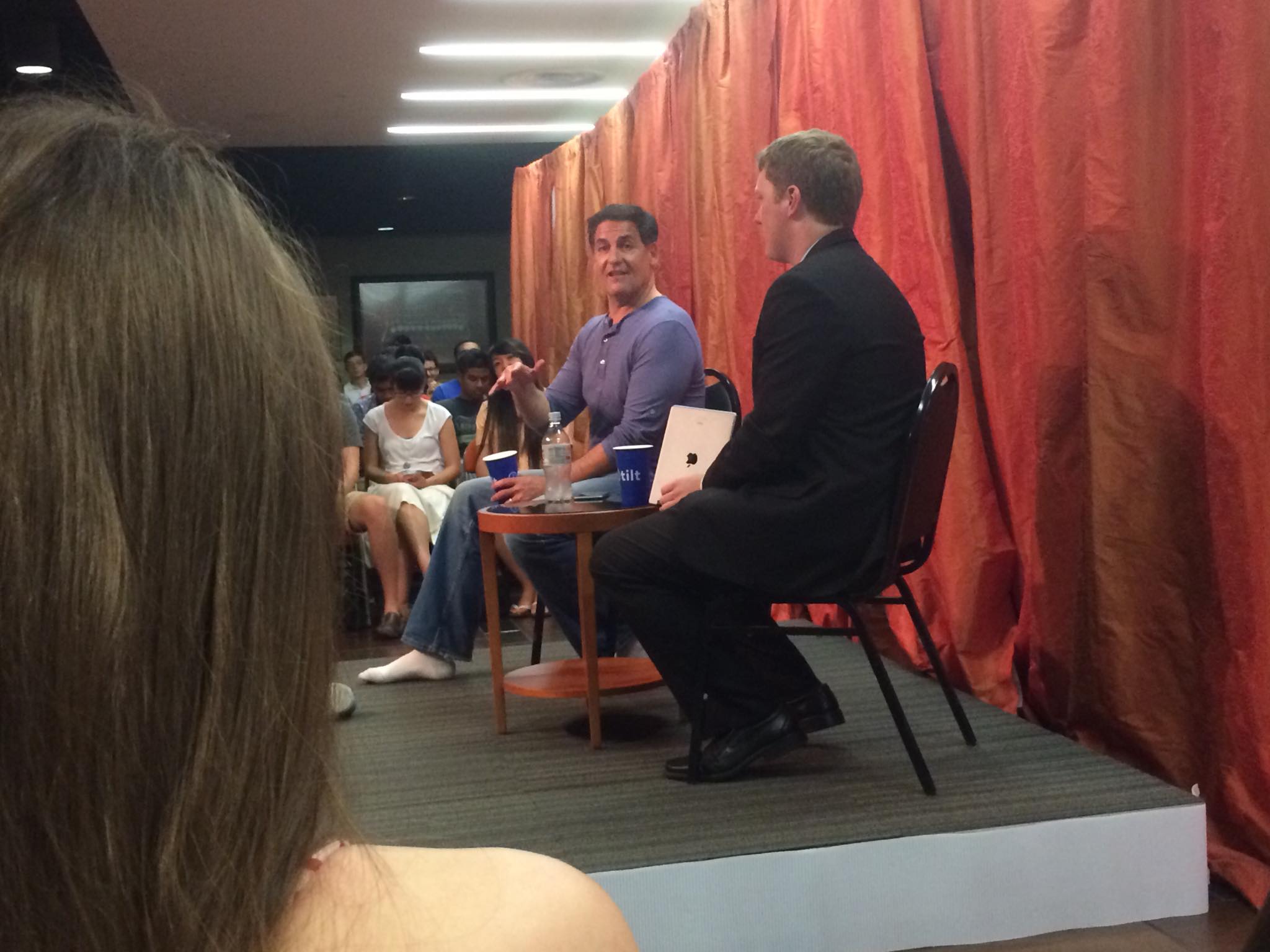Genetics And The Future of Healthcare
By Parker Sewell
“Ninety-nine per cent of people don’t have an inkling about how fast this revolution is coming.” — Steve Fodor, president of Affymetrix”
Originally published on April 25, 2016.

I like trying to be healthy. If you know me well, you already know my morning routine. I wake up early, make avocado toast and a green smoothie with spinach and kale (don’t knock it ‘till you try it!), read the news, and then I finally start to get ready — but not before I work out some. I also like data. I like having data on everything from the weather (I live in Austin, so most likely it’s hot), to — you guessed it — my health. This is why I decided to purchase genetics testing from 23AndMe. I received reports on traits, wellness, ancestry, and more. I did not discover anything too shocking, but that’s probably a good thing. Companies like 23AndMe are laying the groundwork for a new era in healthcare. Some of the innovations we may see in our lifetime include genetic engineering, personalized medication, and better preventative care.
According to Matt Ridley, author of Genome: The Autobiography of Our Species In 23 Chapters, one day, when you’re born with a bad version of a gene — think of it like a bad mechanical component — a genetic engineer will be able to extract what’s deficient and replace it with a corrected version of the gene that will prevent you from getting, say, colon cancer. This simple idea of “patching up” DNA has the potential to treat and prevent disease in a way that is unlike anything humanity has ever seen.

Last spring, Mark Cuban visited my university for a Q&A session. He stressed the importance of multidisciplinary studies and how more students should major in biology. He used this point to segue into what he thinks will be revolutionary: personalized medication. I’m paraphrasing, but he said something like, “One day we will receive our medication at the door. It won’t have any adverse side effects because it will be tailor-made to us. It will be based on an individual’s DNA. It will make going to the pharmacy for prescriptions look barbaric!” A colleague of mine is majoring in management information systems with a minor in biology. He is interested in bioinformatics, or a combination of computer science and genetics. It focuses heavily on the interpretation of genetic data. The success of personalized medication depends on our ability to affordably test DNA and interpret the results. It also depends on people like my colleague who understand biology as much as they understand computer science and statistics.
“The success of personalized medication depends on people who understand biology as much as they understand computer science and statistics.”
For now, the place we are at is one where commercial genetics testing companies are taking off and genetic testing is available to consumers much like a smartphone. We can make predictions. We can test someone’s DNA and make very good forecasts of whether or not they’ll get certain diseases. But it’s nowhere as good as it will be. The amount and quality of research we have on genetics and health will be crucial to “new healthcare.” According to 23AndMe, on average, a customer who consents to research contributes to over 230 studies.
Data and software centered around health will create massive businesses. It’s possible that this industry will lead to the world’s first trillion dollar companies. Google, Apple, Microsoft, FitBit, Nike, and a plethora of others all want a stake in gathering data on you. They all want to analyze your lifestyle and make suggestions on how you can improve it. (In fact, Google is an investor in 23AndMe.) This is a good thing! But regardless of how much data companies collect, it’s not going to be utilized to its full potential without genetic research and without consumers having access to information on their DNA.
I am excited about the future. One day, doctors and patients will be making more informed decisions. We will have medication without negative side effects. We will be able to have our genes re-engineered to be a bit more optimal. While we don’t yet have access to these incredible innovations, we do have green smoothies.
Check It Out:
- Get your DNA tested: www.23andme.com
- Genome: The Autobiography of a Species In 23 Chapters
- ResearchKit (Apple)